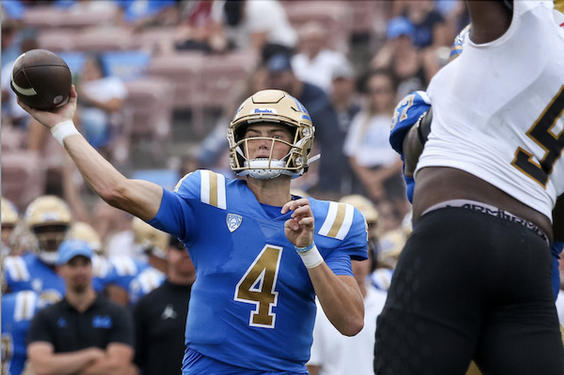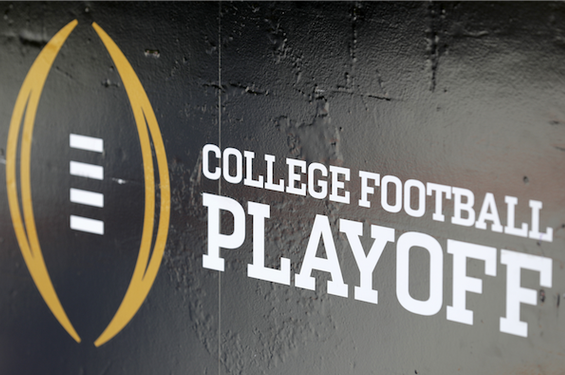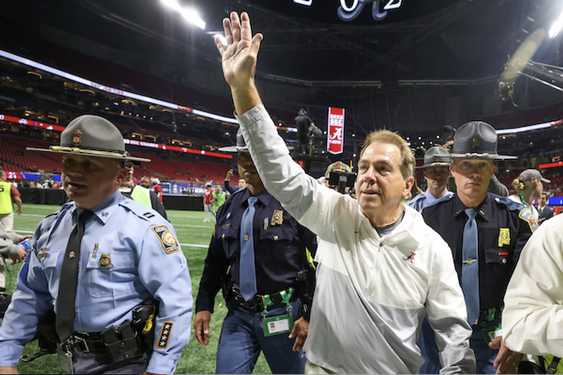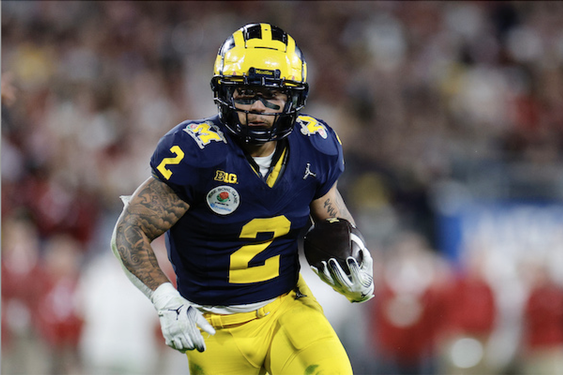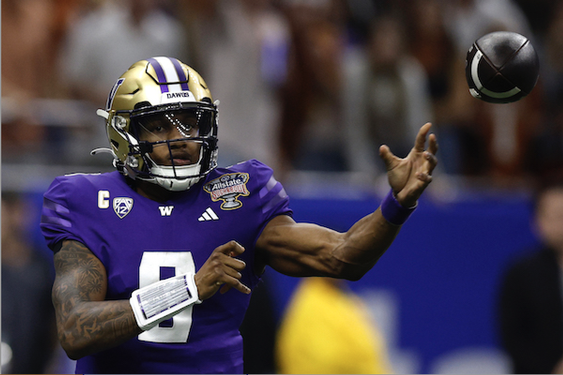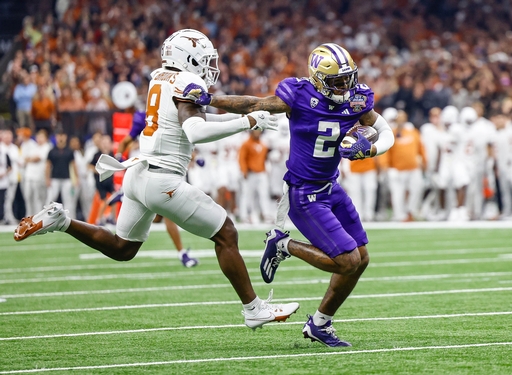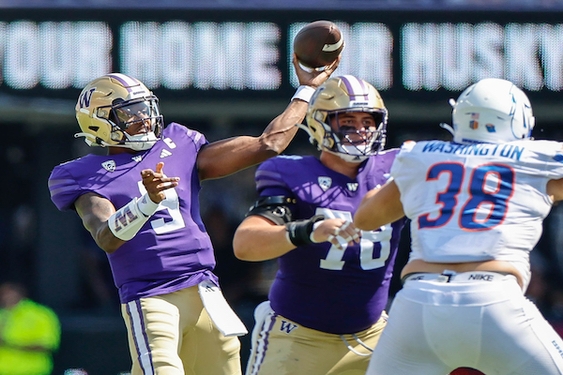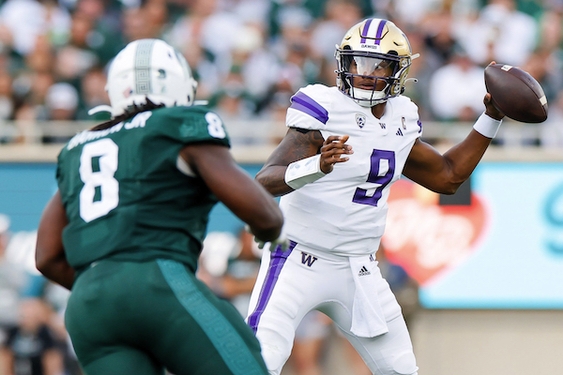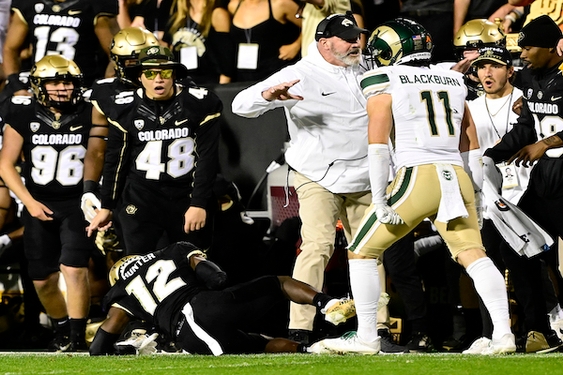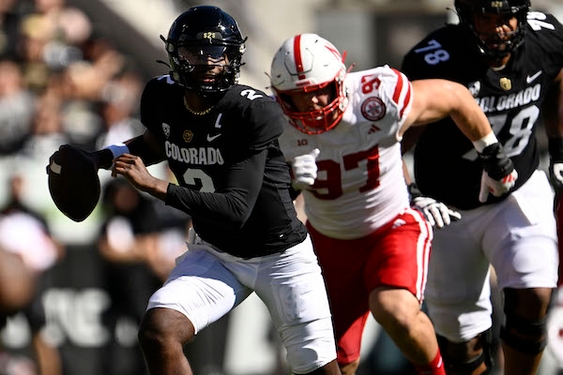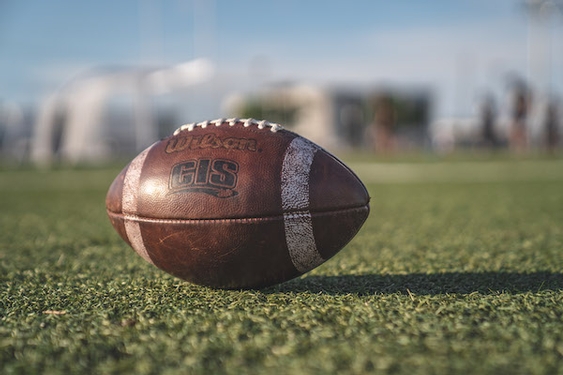
COVID Cases Climbing Puts Season at Risk
Rumors are circulating that college students living in off-campus housing outside the University of Alabama have begun gathering for “Covid-19 parties.” According to sources, kids pay a cover charge at the door and enter a party where infected individuals are also present. The first to be newly infected with the novel coronavirus wins a cash prize taken from the cover charges.
This is the sort of behavior that will undeniably signal the death knell for college football to proceed as scheduled this year. As of June 1st, the NCAA lifted its suspension of voluntary workouts for student-athletes and it was considered a step in the right direction for college football to go forth unimpeded.
Even the bookmakers are still hanging their NCAAF odds as though the season starting on time is a foregone conclusion. If you’re wondering which are among the consensus of the top 10 teams to win the 2020 college football national championship then look no further: Clemson (+375), Ohio State (+400), Alabama (+600), Georgia (+1000), Florida (+1600), Auburn (+2000), LSU (+2000), Oklahoma (+2000), and Notre Dame (+2500).
However, COVID-19 cases have spiked across the country and over a hundred college-athletes have become infected since the moratorium on voluntary workouts was lifted, including a dozen Kansas Jayhawks, 23 players, and staff from Texas Tech, while more than 12 LSU players and 37 Clemson players tested positive, and the list goes on. It is becoming increasingly concerning that the college football season will be delayed until the spring of next year and that opinion is shared by more and more college administrators.
"We're trying to play football on the upswing of a global pandemic," said Randy Cohen, Arizona's associate athletics director for medical services. "Can we accomplish it? The odds are probably not very good."
Dr. Michael Saag, University of Alabama-Birmingham’s professor of medicine and infectious diseases, has monitored the startling uptick in COVID-19 cases and rendered a somber diagnosis, "If you asked me a month ago, I would have said 1-2 percent [infection rate] of returning students. Looking at the current surge, that number could now be 3, to 5, to 7 percent. If that's the case, all the campuses are at risk. So are the college athletes."
If we use Saag’s figures and consider there are well over 13,000 FBS players and associated staff then we could potentially see approximately 2100 cases in which some could lead to death. Those optics would be devastating to both the NCAA and the big business that is college football.
And if we want to get even doomier and gloomier then what is to say the situation will be so much better in March or April of ’21 that college football will suddenly get the greenlight? The NCAA, all of the college football programs and the state governments in which the schools reside will need to conjure agreed-upon testing procedures that will satisfy all parties.
“What’s most sensible is the spring,” according to a Power Five Athletic Director, via the New York Post. “I understand the desire to have it in the fall, and there are challenges if you move all of your fall sports into the spring with all of your spring sports. But the argument here is: We will learn from the NFL experience. To put big-time college football in the spring, in likely an abbreviated season – maybe it’s only a conference format, eight or nine-game season, we are going to have learned much more about the virus.”
Different Rules for Different Schools
Another issue affecting the start of the college football season is that there are no uniform testing protocols in place and the more vigilant schools could be wary of playing against those squads that take a more laissez-faire approach. Schools like Arizona are spending a million dollars to test every athlete that walks onto campus this summer while three schools in the MAC are testing only when symptoms are present in the athletes.
University of Oklahoma football coach, Lincoln Riley, waited a full month after the moratorium on voluntary workouts was lifted before allowing his players back on campus. The theory goes that the longer the student-athletes wait to return, the less chance they will have of contracting the virus.
An anonymous Power Five coached was asked about Riley’s approach, "People say Lincoln Riley was looking smarter and smarter [for starting later]. I don't think so. No matter what you think your plan is, you better slowly but surely get them in here work through all the kinks and kids understand the routine. I'd rather [positives] happen to me (in) the middle of June. How many athletes have you heard have been critical condition because of the virus?"
An increased surge in positive tests will have an enormous impact on the start of the college football season and it is virtually impossible to believe that the schedule will go unfettered. And although these young athletes are the least likely to be among the fatalities of the novel coronavirus, all it takes is one before the court of public opinion forces an indefinite cancellation. As for now, only time will tell.


